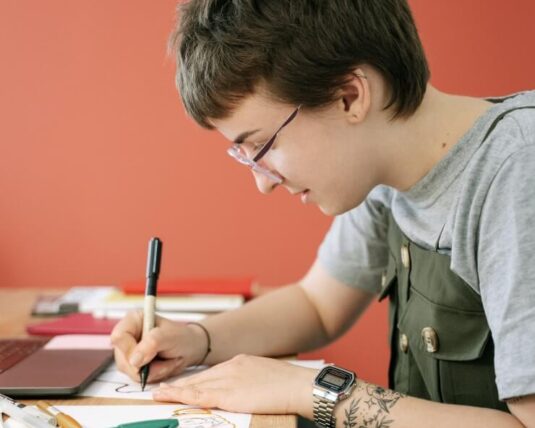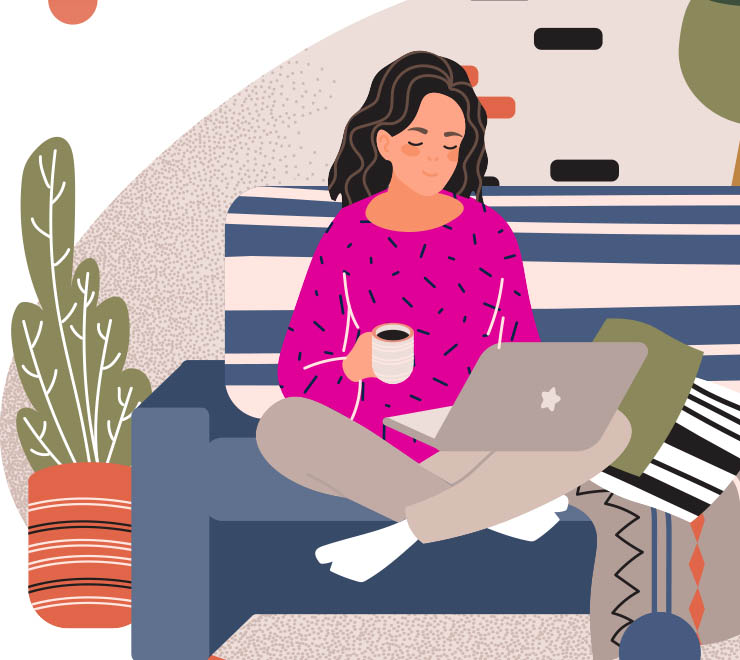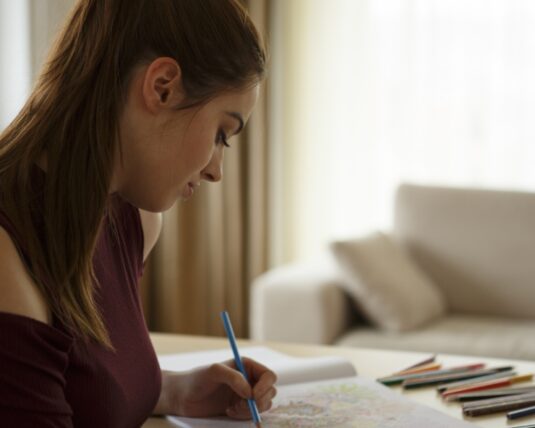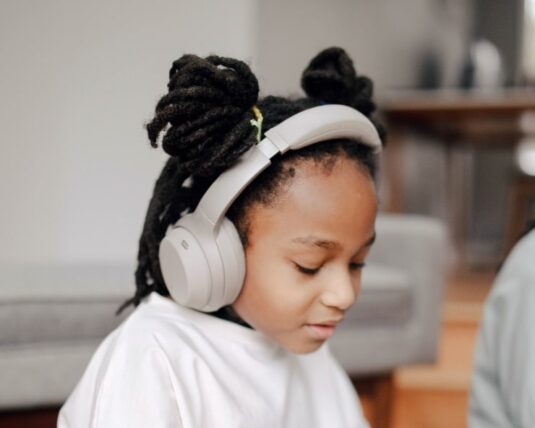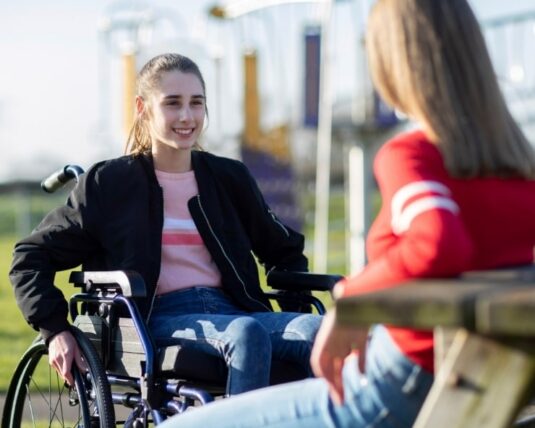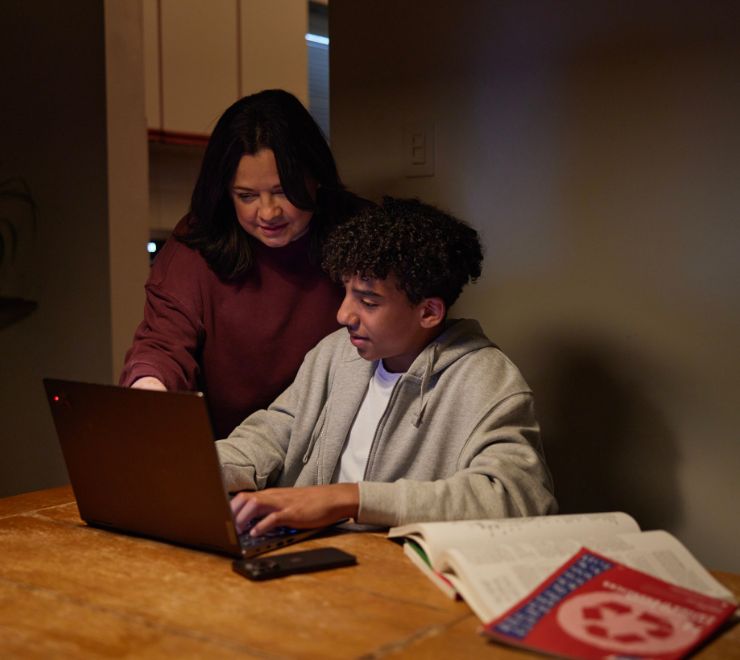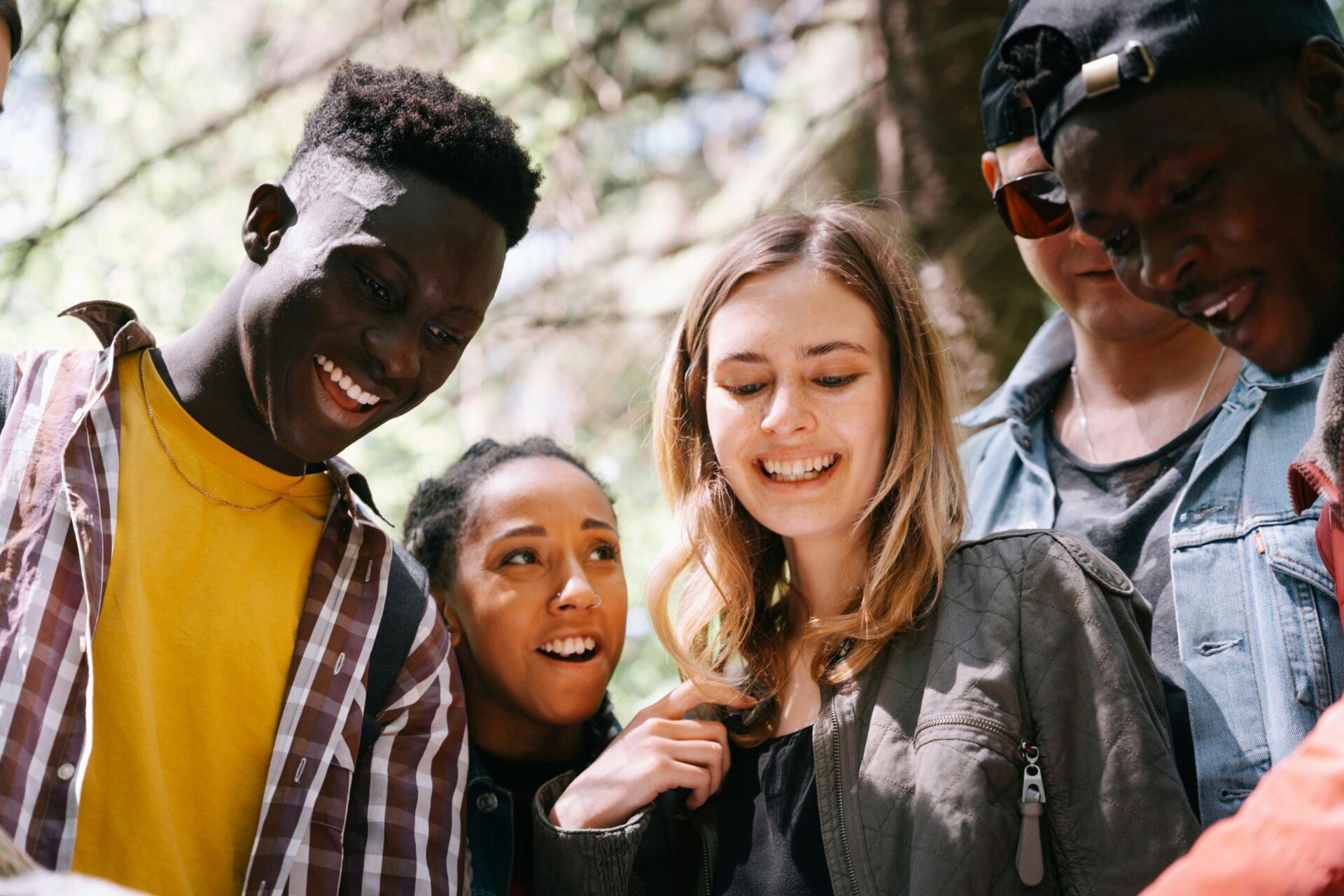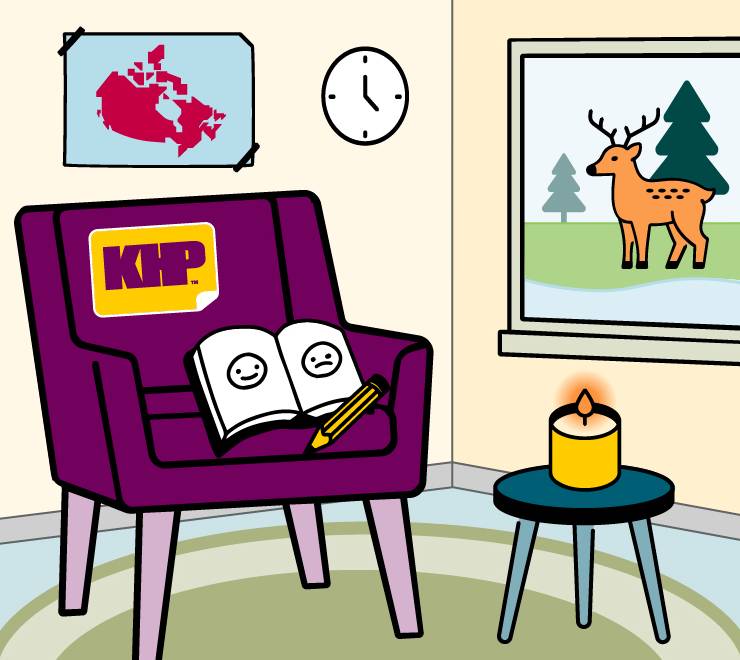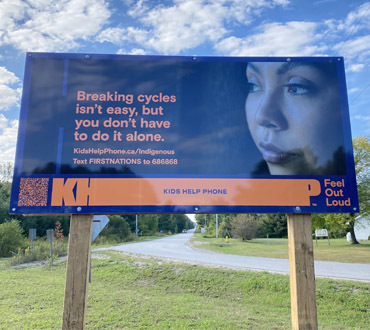The past year has presented many new challenges, especially as it relates to COVID-19. Everyone is coping in ways that are unique to them, given their specific circumstances and environment. You can be proud of yourself for being adaptable and making it to where you are now (no matter how that feels for you)!
As restrictions related to COVID-19 change in some areas, you may be unsure about what this means for you. Maybe you’re asking yourself questions like:
- “What if I don’t feel comfortable being indoors with other people?”
- “What if my friends and I aren’t on the same page?”
- “What if I’m nervous about going back to school?”
- “What if I’ve forgotten how to interact with people in person?”
You may even be experiencing things that are new to you, like social anxiety, depression, anger, grief and more. It’s understandable if the thought of creating a post-pandemic routine feels unfamiliar or scary. Nervousness and stress around social situations are natural reactions when you’re facing uncertainty. Below are some wellness tips and tools to help support you.
How can I cope with anxiety about reopening and changing COVID-19 rules?
Practise mindfulness
Mindfulness can be a powerful tool to help you relax, gain perspective and gather your thoughts and feelings. If you find yourself feeling anxious, overwhelmed, stressed, etc., stop to pause and take a few deep breaths. Bookmark a tool like Kids Help Phone’s Breathing Balloon or glowing fire body scan to access a quick activity you can use whenever you need it.
Establish a routine
If you’re heading to camp, work or back to school, try to spend a week or even a few days getting into a regular schedule. For example, try going to bed earlier and waking up earlier to get your body in the habit. This can be helpful to feel prepared and get into the mindset of a more structured day. If you can, add something to your morning routine that feels comfortable and relaxing like reading a book, colouring, listening to music or stretching. You may even want to incorporate journaling into your routine for extra moments of reflection.
Be kind to yourself
If returning to settings with large groups of people feels overwhelming, know that it’s OK and you’re not alone. Everyone has their own comfort levels and it’s important to respect your individual needs and limits. Give yourself time and space to reflect, if you can.
Remember the positive times
Think of fun or special memories you’ve made at in-person settings with your friends, relatives, classmates, teammates, teachers, etc. Then, make a list of what you’re looking forward to! You can keep your list somewhere around your living space, taped on a mirror, tucked in your pocket or somewhere you’ll come across it often to remind you. You may even want to share your list with a friend and learn what they’re excited about, too.
Set boundaries
If something is making you feel nervous, it may be helpful to ask yourself: “Am I nervous because this feels unsafe?” or, “Am I nervous because it feels unfamiliar?” If you feel unsafe or pressured to join an activity, be honest with others ahead of time about your boundaries and comfort level for socializing or being around other people. If it feels unfamiliar, it may be helpful to spend time with one or two people first before re-entering larger settings. There are also many ways to keep in touch at a distance until you’re ready to reconnect in person.
Keep learning
While it may feel like the pandemic has been around for a long time, we’re still learning about COVID-19 and its impacts. Health and safety guidelines continue to change and vary in communities across Canada, which can be confusing. When you can, stay up to date on facts about vaccines, rules for physical distancing and other guidelines so you can make more informed choices. If you’re heading back to camp, class, after-school programs, work, etc. you may find it helpful to check in with the program, school or organization ahead of time, so you have a better sense of their specific restrictions and protocols.
Get support
Creating space to reflect on what you’re worried or anxious about can shed light on what you need most from others. Try asking yourself “What do my worries tell me about what is most important to me right now?” Answering this question can help to re-frame your fears and get a better sense of what type of support you’d like from others.
If the thought of re-entering social situations is causing you distress and preventing you from doing things you enjoy, you can connect with support in your community, a parent/caregiver or another safe adult. If you’d prefer to chat with other young people, the Peer-to-Peer Community at Kids Help Phone may be an option for you. Our professional counsellors and volunteer crisis responders are also available 24/7 to support you with whatever’s on your mind. It’s OK to talk about how you’re feeling – even if you don’t know why you’re feeling the way you are!
Related self-guided tools from Kids Help Phone
Adapting to change takes courage and it’s OK to give yourself time to adjust. Be gentle with yourself and give yourself space to rediscover what feels safe and comfortable for you. And remember, you can connect with Kids Help Phone’s counsellors and crisis responders 24/7 for support.



